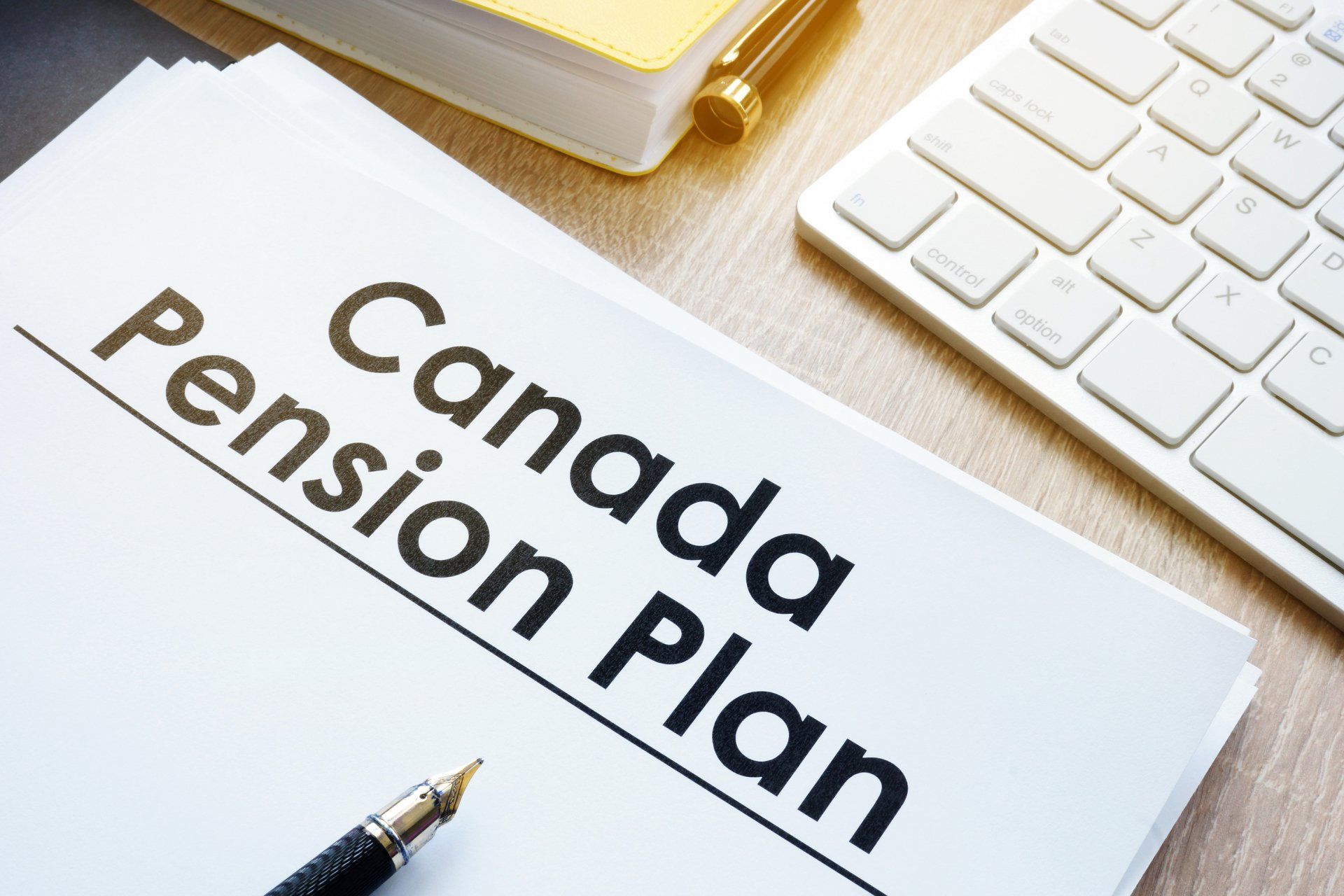Canada Pension Plan Premiums Going Up
- By Admin
- •
- 28 Dec, 2018
On January 1st, the federal government will begin taking more money out of small businesses like ENM’s pockets to fund a Canada Pension Plan money pool that doesn’t really need any shoring up.

The CPP rate will rise from 4.95% to 5.1% for employers – the biggest increase in more than a decade. By 2025, the rate will be 5.95%. There will also be a higher ceiling on annual income subject to contributions.
But the Canadian Federation of Business, which lobbied heavily against such increases, points out that the CPP is sustainable at the current rates for the next 75 years.
Monique Moreau, the CFIB’s Vice President for National Affairs, says that the increases seem manageable when taken in isolation – but when added to the range of other ‘manageable’ cost increases for small businesses, they create a huge burden for struggling business owners.
The CPP rate increase is on top of so many other things, like a new federal carbon tax that will go into effect next year. The government thinks it needs to increase benefits because of the decline of defined benefit pensions, where employees get payments for life once they retire. But the reality is, there are other types of retirement savings options, like tax-free savings accounts or registered retirement savings plans, which are preferred by both employees and employers – and these rate increases reduce the amount of disposable income available for those plans.
Daniel Greenhalgh, ENM co-founder, agrees with the CFIB’s assessment. “These rate increases are another example of government making our financial planning decisions for us. The other retirement planning options are much more flexible – they can be passed on fully to spouses and children, for example, where the CPP plans have restrictions on that, and the payouts are lower. But now we’re being forced to put more money into the government’s plan, which survey after survey shows is a lower quality plan. It also means a lot of businesses will have to freeze or cut wages to pay for this.”
Greenhalgh commends the CFIB for their intensive lobbying efforts against these increases, which were effective in reducing the originally proposed increases and delaying the rate hikes. They were also effective in reducing EI rates, which will help to offset the new CPP rates.
But, as we’ve pointed out, those EI rates have a lot more room for improvement.
“We need to remain diligent and work with the CFIB to continue pushing for more EI rate reductions. The surplus they’re maintaining is obscene, and they need to drastically reduce the burden on employers.”


